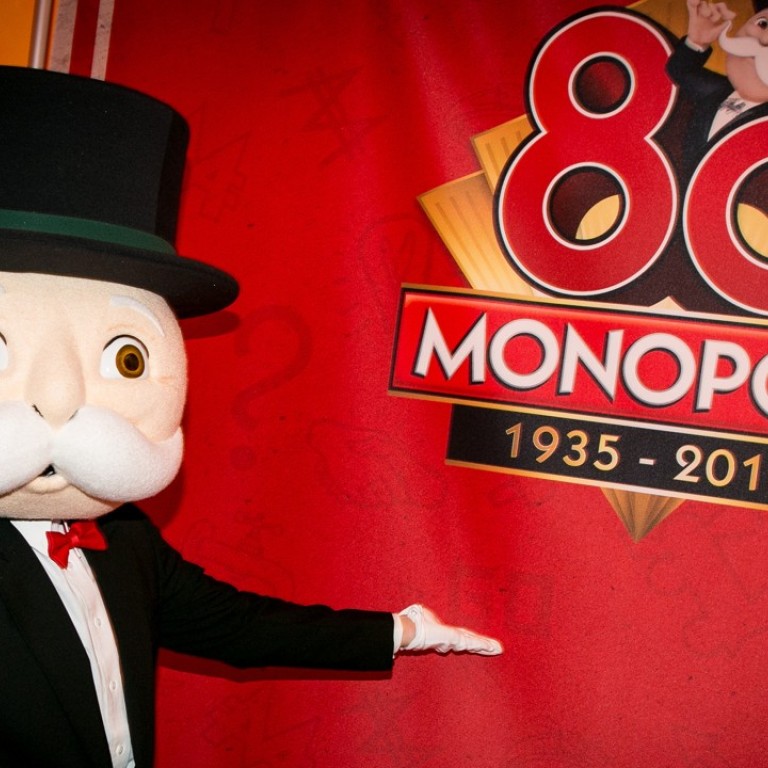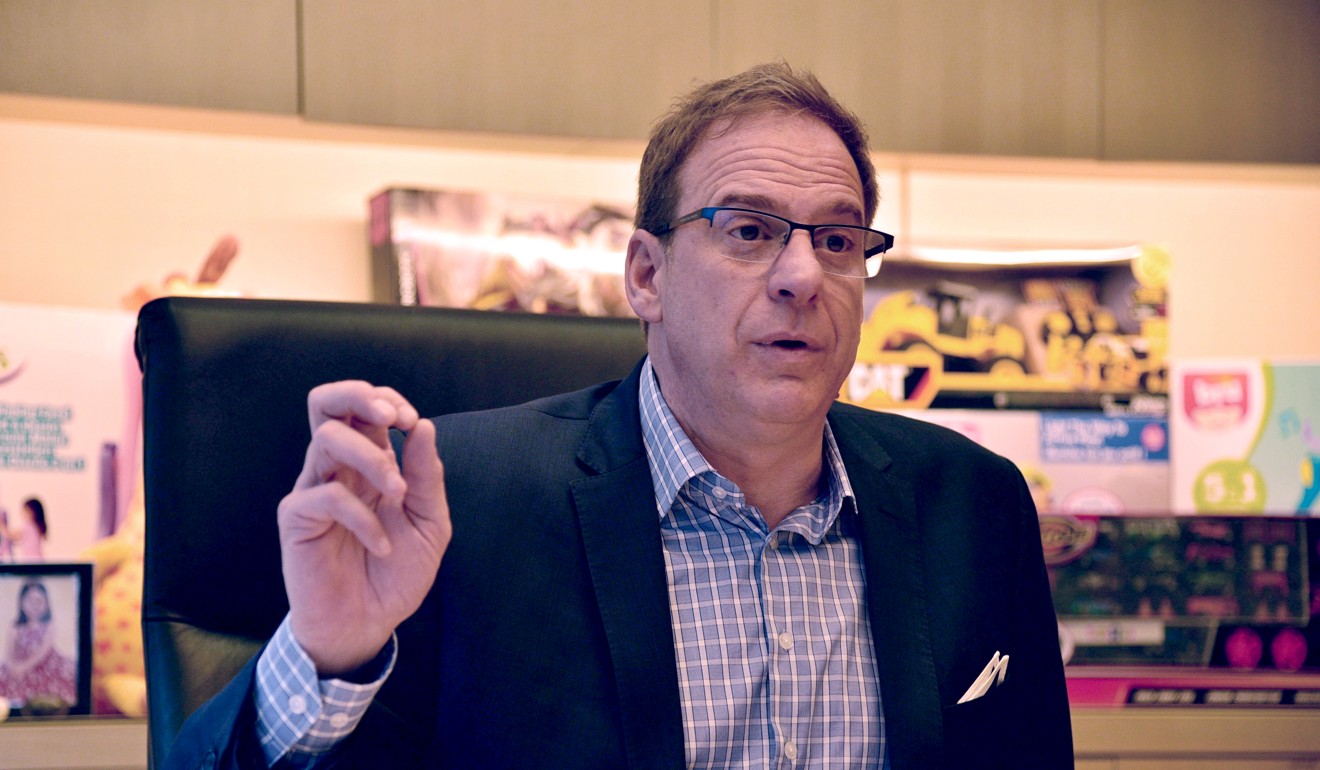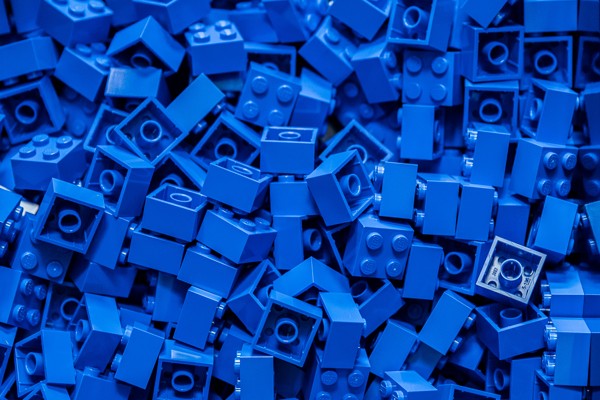
In with the old, as toy and games makers toast a return to tradition
Toys “R”Us regional president says the most ambitious Chinese parents are bringing them back into fashion, in order to make their children more ‘sociable’
When Apple released its tablet computer the iPad seven years ago, pundits predicted its absorbing applications would sound a death knell to the makers of dolls, action figures, board games and other traditional toys, on which previous generations of children were raised.
But as it turns out, touch-screens have far from ended killing them, but rekindled parents’ interest in them instead, according to the world’s largest toy retailer.
“Categories like family board games, which we were told five years ago were going to die, are absolutely flourishing at the moment,” Andre Javes, president, Asia-Pacific with Toys“R”Us told the South China Morning Post. “This is a very interesting trend.”
The toy industry giant was referring to the ubiquitous table-based games such as Monopoly, chess and checkers, that get the entire family together face-to-face, at a time when most people get increasingly engrossed in the likes of Facebook, Candy Crush or Pokemon Go, on their own.

They also bode well for Hasbro Inc, the New York toy titan celebrated for its huge variety of Monopoly board games, based on geographical location, as well as Lego, the Danish maker of interlocking plastic bricks – a company which has just reported record annual revenues for 2016, after 85 years in business.
“Some of the traditional, older toys are actually coming back strongly,”he said.
And surprisingly, it’s arguably the most ambitious Chinese parents who are bringing them back into fashion, in order to make their children more “sociable”.
“The trend is that mom is saying ‘you spend too much time on technology’,”Javes said.
“When you play these more traditional toys you have to socialise with people, and people see huge value in that.”

In China, it has become common in urban homes, of course, to see young parents checking their smartphones – but their toddlers too are playing Angry Birds or Candy Crush on their own iPads.
Many are now starting to claim that to get too hooked on tech devices hampers a child’s social skills, potentially distracting them from getting a head start on the career ladder.
A recent study by JAMA Pediatrics found that whiz-bang playthings such as baby laptops and baby cellphones will make infants less likely to have real-life verbal exchanges with their parents.
“What has changed a lot in China is that toys have become less of a reward, and parents are concerned about the development of their kids, both socially and educationally,” Javes said, adding that even nostalgia nurturing dolls were “making a comeback in a big way”.
Interlocking bricks, puzzles and construction sets designed to improve hand/eye coordination, patience and creativity have regained their places on the “hot list”, as have board games that enhance decision-making skills, according to another report released this year by Hong Kong Trade Development Council (HKTDC).
The renaissance of traditional toys with educational functions could eventually lead to a rethink of the Hong Kong and mainland factory owners’ output agendas, according to some industry insiders, according to HKTDC.

